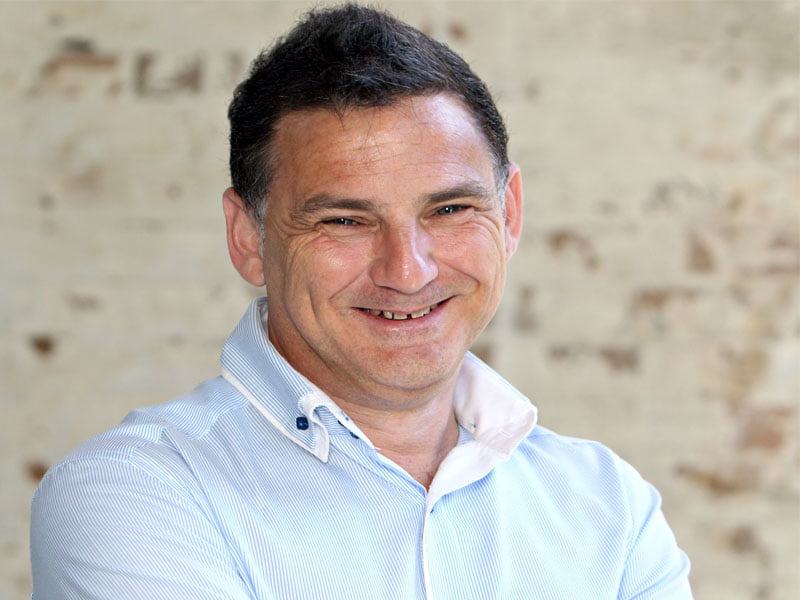The UN health agency’s decision to list gaming addiction as a mental health condition for the first time has been criticised by Australian game developers, who say there isn’t research to back up the decision.
The World Health Organisation’s (WHO) International Classification of Diseases lists 55,000 injuries, diseases and causes of death. The report is used by governments and healthcare agencies around the world to improve the treatment of such conditions.
In its latest revisions, WHO included “gaming disorder” as a “genuine” and “harmful” mental health condition. It says that video gaming can be can contribute to physical inactivity, sleep deprivation and mood disorders.

“Gaming disorder is characterized by a pattern of persistent or recurrent gaming behaviour which may be online or offline, manifested by impaired control over gaming, increasing priority given to gaming to the extent that gaming takes precedence over other life interests and daily activities and continuation or escalation of gaming despite the occurrence of negative consequences,” WHO said.
This gaming disorder can have a “significant impairment” on personal, family, social and education functioning, WHO said.
But a coalition of video game developers and publishers around the world have hit back at the decision in a joint statement, saying it lacks a scientific basis and could be damaging to the industry.
The Interactive Games and Entertainment Association was one of the signatories on the letter, and its CEO Ron Curry said the research doesn’t support the WHO’s decision.
“The research on which this decision was based is highly contested and inconclusive. We are concerned that there is no objective and specific evidence which defines or diagnoses this ‘disorder’ and more so that an underlying mental health issue may not be diagnosed or misdiagnosed because of this,” Mr Curry told InnovationAus.com.
“There is strong disagreement among experts on the inclusion of video gaming in the ICD-11 list, and the issue has been heavily debated since 2016 when 36 internationally renowned and respect mental health experts opposed the inclusion in an Open Debate paper.
In that paper the academics argued that it is “far from clear” that gaming addiction should be classified as a new disorder and it shouldn’t be listed in the ICD-11 to “avoid a waste of public health resources and to avoid causing harm to healthy video gamers around the world”.
Mr Curry is hopeful that the gaming disorder will not be included in the WHO’s final list, which is expected to be published in May next year.
“We would ask those making these decisions to consider all the research available, consult widely and ensure that any inclusion in any ICD list is given full consideration,” he said.
He said the games development industry in Australia is rapidly growing and contributing to the Australian economy and shouldn’t be unfairly judged due to the latest news.
“While there will be no direct impact, headlines such as ‘as addictive as cocaine and gambling’ are not helpful to an industry that is enjoyed by over 2.5 billion people across the globe for recreational, educational and therapeutic purposes,” Mr Curry said.
UNSW National Drug and Alcohol Research Centre director Professor Michael Farrell was on the panel that decided to include gaming disorder on the WHO list. He said that for a small minority of gamers, the activity can become a damaging addiction.
“For the vast majority of people it’s a normal entertainment, but for a minority – about 1-2 percent – they can develop severe problems, and particularly in places like China, Japan and Korea there are serious public health concerns around the scale of the problem, but less so in many other countries,” Professor Farrell told ABC Radio National.
“When people are spending increasing and very long, intensive amounts of time playing, they’re actually not undertaking key responsibilities in life and are withdrawing from things, and that can be associated with the development of mood, anxiety or anger-type disorders.”
Despite the new definition, he said it’s important that gamers and the development industry are not demonised.
“That’s always a danger, and that’s why it’s important to balance the positives and the negatives. There’s no question that there are a small number of people with serious problems around gaming disorder,” he said.
The inclusion of gaming disorder in the WHO list will help governments and healthcare agencies better address the addiction issue and stamp out unproven treatments, Professor Farrell said.
“The significance of it is that these types of coding in many, many countries around the world influence what treatments can be paid for. There’s a lot of pretty wonky treatments out there for it at the moment, and there’s a need to develop good evidence-based approaches and not bootcamps and lockup-type interventions,” he said.
Do you know more? Contact James Riley via Email.

